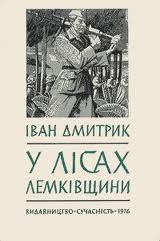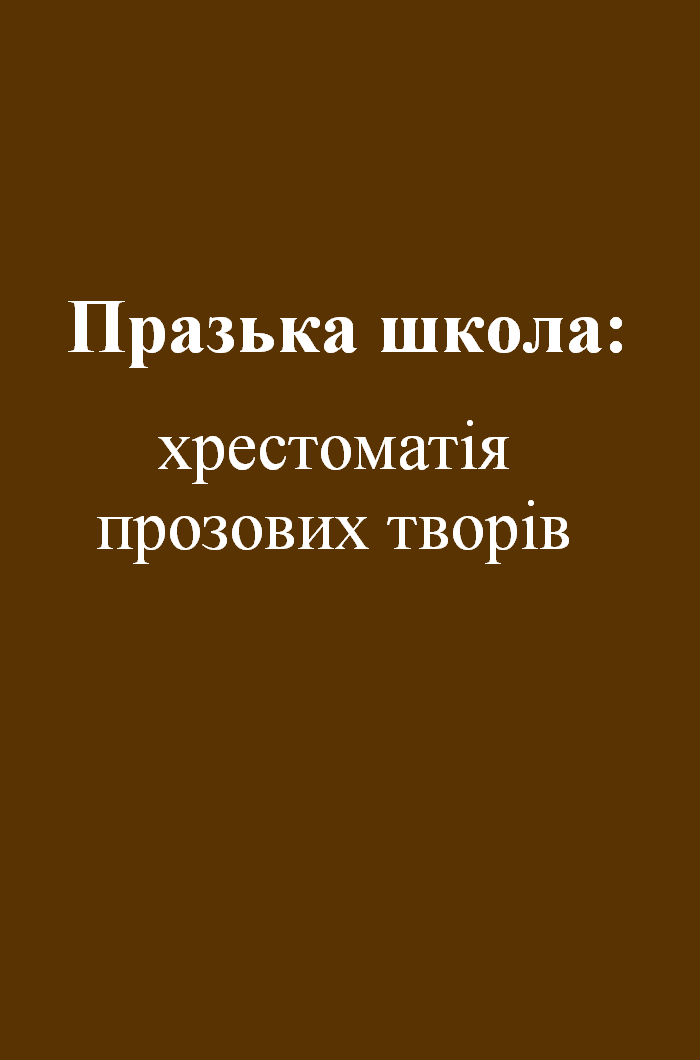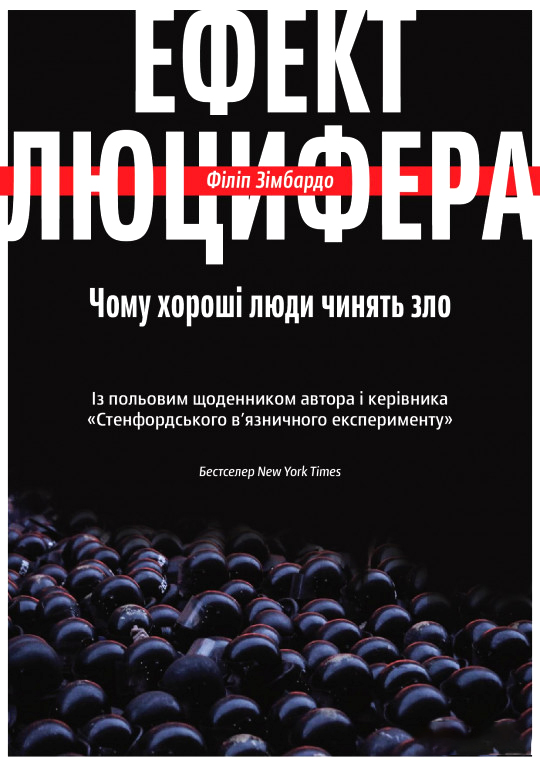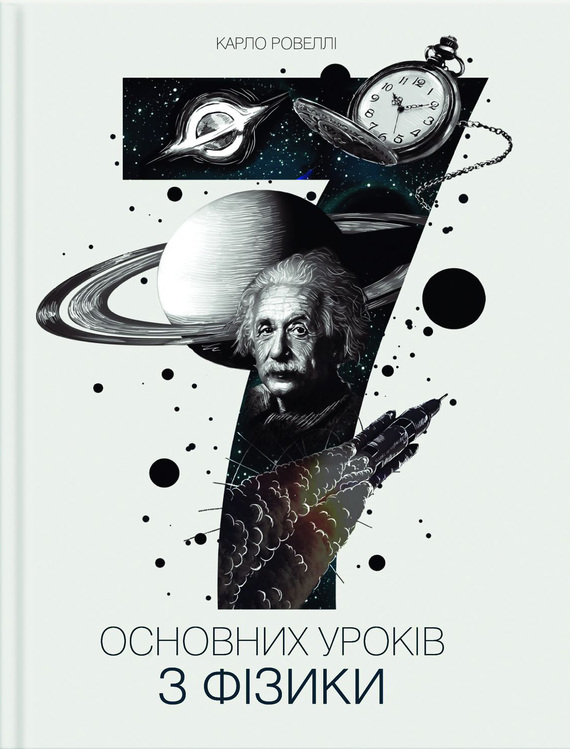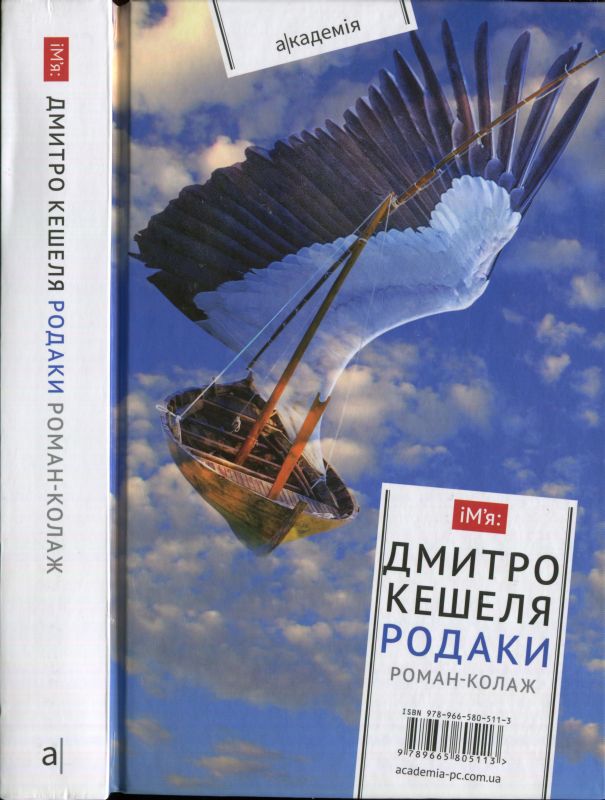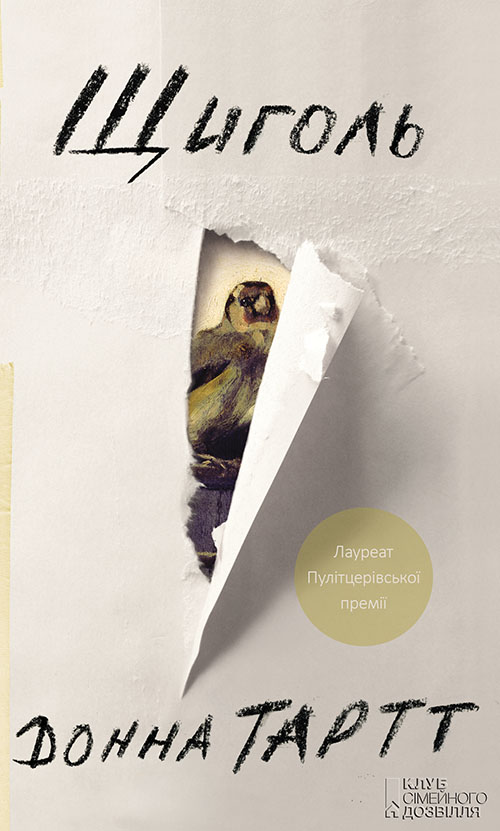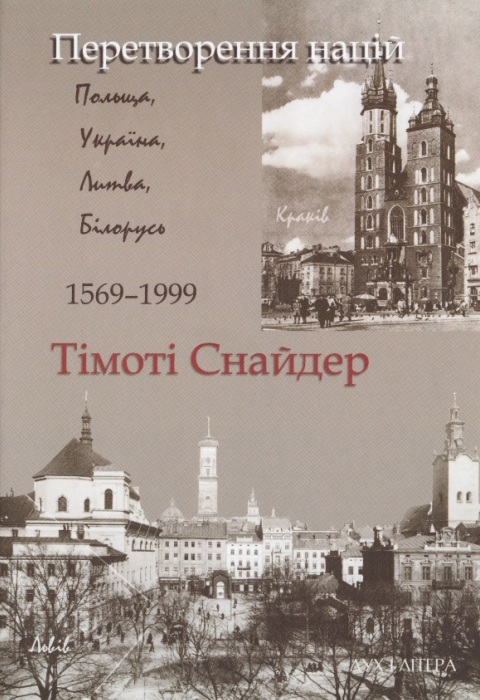Читати книгу - "Чому Захід панує - натепер"
Шрифт:
Інтервал:
Додати в закладку:
Pearce, Scott, Audrey Spiro, and Patricia Ebrey, eds. Culture and Power in the Reconstitution of the Chinese Realm, 200-600.Cambridge, MA: Harvard University Press, 2001.
Peng, Ke. "Coinage and Commercial Development in Classical China, 550-221 ВС." Unpublished PhD dissertation, University of Chicago, 1999.
Perdue, Peter. China Marches West: The Qing Conquest of Central Eurasia. Cambridge, MA: Harvard University Press, 2005.
Perkins, Dwight. Agricultural Development in China 1368-1968.Chicago: Aldine, 1969.
Perkovich, George, and Dominick Zaum. Abolishing Nuclear Weapons.London: International Institute for Strategic Studies, Adelphi Paper 396, 2008.
Perrin, Noel. Giving Up the Gun: Japans Reversion to the Sword, 1543-1879. Boston: Godine, 1979.
Perry, John, and Bardwell Smith, eds. Essays on Tang Society.Leiden: E.J. Brill, 1976.
Peters, Francis. Muhammad and the Origins of Islam. Albany: State University of New York Press, 1994.
Petraglia, Michael, and Ceri Shipton. "Large Cutting Tool Variation West and East of the Movius Line." Journal of Human Evolution 55 (2008), pp. 962-66.
Piggott,Joan. The Emergence ofjapanese Kingship.Stanford: Stanford University Press, 1997.
Pincus, Steve. 1688: The First Modem Revolution.New Haven: Yale University Press, 2009.
Pines, Yuri. Foundations of Confucian Thought: Intellectual Life in the Chunqiu Period, 722-453 BCE.Honolulu: University of Hawaii Press, 2002.
Pinker, Steven. How the Mind Works.New York: Norton, 1997.
Płuciennik, Mark. Social Evolution.London: Duckworth, 2005.
Pohl, Mary, et al. "Microfossil Evidence for Pre-Columbian Maize Dispersals in the Neotropics from San Andres, Tabasco, Mexico." Proceedings of the National Academy of Sciences 104 (2007), pp. 6870-75.
Pollard, Helen. Tariacuris Legacy: The Prehispanic Tarascan State.Norman: University of Oklahoma Press, 1993.
Pollock, Susan. Ancient Mesopotamia. Cambridge, UK: Cambridge University Press, 1999.
Pomeranz, Kenneth. The Great Divergence: China, Europe, and the Making of the Modern World Economy. Princeton: Princeton University Press, 2000.
Popper, Karl. Conjectures and Refutations. London: Routledge, 1963.
Portal, Jane, ed. The First Emperor: Chinas Terracotta Army.London: British Museum, 2007.
Porter, Andrew, ed. The Oxford History of the British Empire III: The Nineteenth Century.Oxford: Oxford University Press, 2001.
Porter, Roy, ed. The Cambridge History of Science IV: The Eighteenth Century. Cambridge, UK: Cambridge University Press, 2003.
Postgate, Nicholas. Early Mesopotamia: Society and Economy at the Dawn of History. Cambridge, UK: Cambridge University Press, 1993.
Potts, Dan. The Archaeology of Elam: Formation and Transformation in an Ancient Iranian State.Cambridge, UK: Cambridge University Press, 1999.
Pourshariati, Parvaneh. The Decline and Fall of the Sasanian Empire.London: I. B. Tauris, 2008.
Powell, Adam, Stephen Shennan, and Mark Thomas. "Late Pleistocene Demography and the Appearance of Modem Human Behavior." Science 324 (2009), p. 1298 (doi: 10.1126/science. 1170165).
Powell, Barry. Writing: Theory and History of the Technology of Civilization.Oxford: Blackwell, 2009.
Preston, Diana. The Boxer Rebellion.New York: Berkley Books, 1999.
Price, Simon. Rituals and Power: The Roman Imperial Cult in Asia Minor. Cambridge, UK: Cambridge University Press, 1984.
Pritchard, James B., ed. Ancient Near Eastern Texts Relating to the Old Testament.3rd ed. Princeton: Princeton University Press, 1969.
Provan, Iain, V Philips Long, and Tremper Longman. A Biblical History of Israel. Louisville, KY: Westminster John Knox Press, 2003.
Puett, Michael. To Become a God: Cosmology, Sacrifice, and Self-Divinization in Early China.Cambridge, MA: Harvard University Press, 2002.
Qian, Weihong, and Zhu, Yafen. "Little Ice Age Climate Near Beijing, China, Inferred from Historical and Stalagmite Records." Quaternary Research 57 (2002), pp. 109-19.
Qiao, Yu. "Development of Complex Societies in the Yiluo Region: A GIS-Based Population and Agricultural Area Analysis." Bulletin of the Indo-Pacific Prehistory Association 27 (2007), pp. 61-75.
Quattrocchi, Angelo, and Tom Nairn. The Beginning of the End: France, May 1968. London: Penguin, 1968.
Rawson, Jessica. Western Zhou Ritual Bronzes from the Arthur M. Sackler Collections.2 vols. Cambridge, MA: Harvard University Press, 1990.
Ray, Debraj. Development Economics. Princeton: Princeton University Press, 1998.
Razeto, Anna. 2008. "Life in the Ghetto: Urban Living in Han China and the Roman Mediterranean." Unpublished paper delivered at the conference "State Power and Social Control in Ancient China and Rome," Stanford University, March 19,2008.
Redford, Donald. Egypt, Canaan, and Israel in Ancient Times.Princeton: Princeton University Press, 1992.
Renfrew, Colin. The Archaeology of Cult. London: British School at Athens, 1985.
———. Archaeology and Language. London: Pelican, 1987.
Renfrew, Colin, and Katie Boyle, eds. Archaeogenetics.Cambridge, UK: Cambridge University Press, 2000.
Renfrew, Colin, and Iain Morley, eds. Becoming Human: Innovation in Prehistoric Material and Spiritual Culture.Cambridge, UK: Cambridge University Press, 2009.
Reynolds, David. One World Divisible: A Global History Since 1945.New York: Norton, 2000.
Richards, Jay, et al. Are We Spiritual Machines? Ray Kurzweil vs. the Critics of Strong A.I.Seattle: Discovery Institute, 2002.
Richards, John. Unending Frontier: An Environmental History of the Early Modern World.Berkeley: University of California Press, 2003.
Richardson, Lewis Fry. Statistics of Deadly Quarrels.Pacific Grove, CA: Boxwood Press, 1960.
Richerson, Peter, Robert Boyd, and Robert Bettinger. "Was Agriculture Impossible During the Pleistocene but Mandatory During the Holocene?" American Antiquity 66 (2001), pp. 387-411.
Riesman, David. Abundance for What? Garden City, NY: Doubleday, 1964.
Rifkin, Jeremy. 1998. The Biotech Century: Harnessing the Gene and Remaking the World.New York: Tarcher, 1998.
Riley, James. Rising Life Expectancy: A Global History.Cambridge, UK: Cambridge University Press, 2001.
Roberts, Andrew. The Storm ofWar: A New History of the Second World War. London: Allen Lane, 2009.
Roberts, Neil. The Holocene.Oxford: Blackwell, 1998.
Robinson, James, ed. The Emergence of the Modern World: Comparative History and Science.New York: Cambridge University Press, 2010.
Roco, Mihail, and William Bainbridge. "Converging Technologies for Improving Human Health: Nanotechnology, Biotechnology, Information Technology, and Cognitive Science." Washington, DC: National Science Foundation, 2002 (http:// www.wtec.org/ConvergingTechnologies/1/NBIC_report.pdf).
Roetz, Heiner. Conlucian Ethics of the Axial Age. Albany: State University of New York Press, 1993.
Rogers, Clifford, ed. The Military Revolution Debate.Boulder, CO: Westview Press, 1995.
Rose, Steven. The Future of the Brain: The Promise and Perils ofTomorrow s Neuroscience.Oxford: Oxford University Press, 2006.
Rosen, Arlene. "The Role of Environmental Change in the Development of Complex Societies in Early China." Bulletin of the Indo-Pacific Prehistory Association 27 (2007), pp. 39-48.
Rosen, Stanley. Justinian's Flea: Plague, Empire, and the Birth ofEurope.New York: Viking, 2007.
Rosenfeld, Gavriel. The World Hitler Never Made.Cambridge, UK: Cambridge
Увага!
Сайт зберігає кукі вашого браузера. Ви зможете в будь-який момент зробити закладку та продовжити читання книги «Чому Захід панує - натепер», після закриття браузера.
